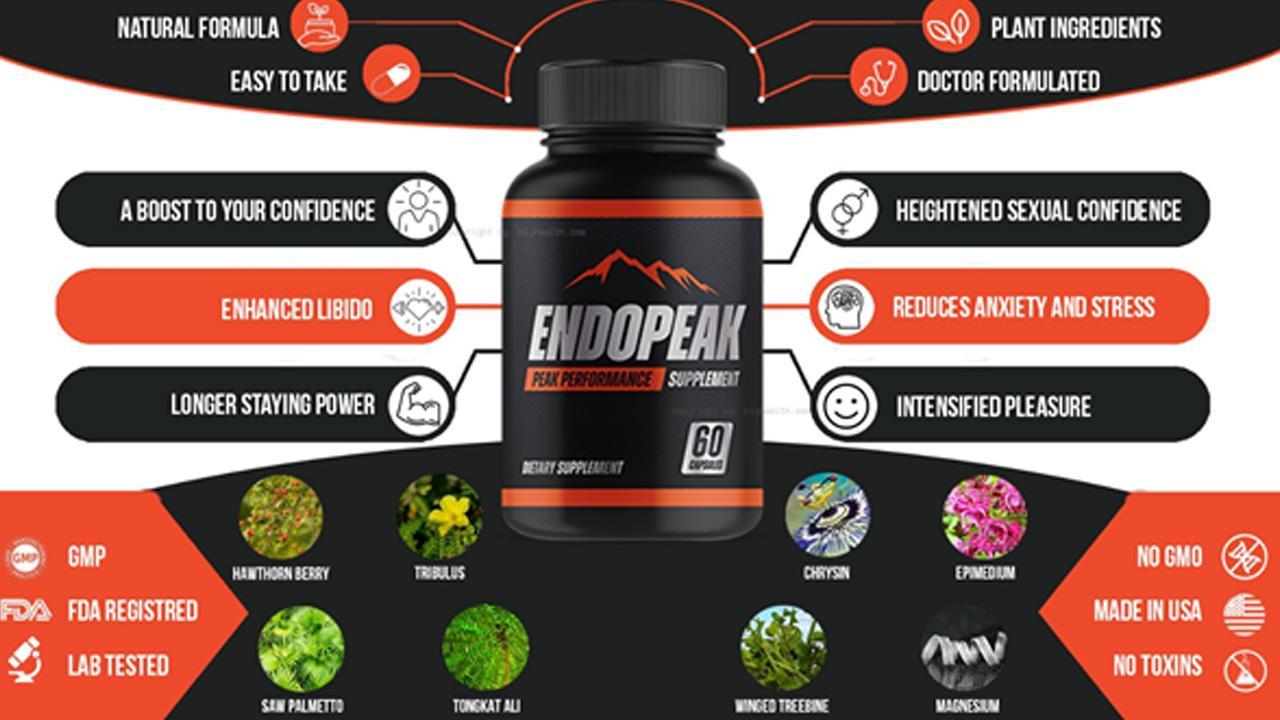Keeping Your Furry Friend Heartworm-Free: A Comprehensive Guide to Prevention
$69.00
Protect Your Canine Companion: Essential Guide to Preventing Heartworms in Dogs. Learn the effective measures to safeguard your beloved pet from this life-threatening parasite, including regular medication, mosquito control, and veterinary checkups.
Description
How to Prevent Heartworms in Dogs: A Comprehensive Guide
Heartworm disease is a serious and potentially fatal condition that can affect dogs of all ages and breeds. Caused by a parasitic worm called Dirofilaria immitis, heartworms live in the heart and lungs of infected dogs, where they can cause significant damage to the heart, lungs, and other organs.
Preventing heartworm infection is crucial for maintaining the health and well-being of your furry companion. This comprehensive guide will provide you with detailed information on the various methods available to prevent heartworms in dogs, as well as essential tips for keeping your pet protected from this dangerous disease.
Understanding Heartworm Infection
To effectively prevent heartworms, it is essential to understand the life cycle of the parasite and the transmission process:
1. Mosquito Transmission:
- Heartworms are transmitted through the bite of an infected mosquito.
- When an infected mosquito bites a dog, it releases infective larvae called microfilariae into the dog’s bloodstream.
2. Development in the Dog:
- The microfilariae travel through the dog’s body and develop into immature adult worms.
- They then migrate to the heart and lungs, where they mature into adult worms.
3. Heart Damage:
- Adult heartworms reside in the heart and pulmonary arteries, causing inflammation and damage.
- Heavy infections can lead to heart failure and other serious complications.
Prevention Methods
Numerous methods are available to prevent heartworm infection in dogs. Choosing the most appropriate method for your pet will depend on factors such as age, lifestyle, and geographic location:
1. Monthly Heartworm Preventives:
- Oral, topical, or injectable medications that kill heartworm larvae before they can develop into adult worms.
- Monthly administration is crucial for continuous protection.
2. Semi-Annual Heartworm Injections:
- Injections that provide protection for up to six months.
- Suitable for dogs that are difficult to administer monthly medications to.
3. Annual Heartworm Tests:
- Regular blood tests to detect heartworm infection in its early stages.
- Infected dogs can be treated promptly to prevent severe complications.
Considerations for Choosing a Prevention Method
When selecting a heartworm preventive, consider the following factors:
- Age of the Dog: Puppies require special heartworm preventives until they reach adulthood.
- Lifestyle: Dogs that spend time outdoors or in mosquito-prone areas may require more frequent protection.
- Geographic Location: Heartworm risk varies depending on the prevalence of infected mosquitoes in the area.
- Pet’s Health: Consult with your veterinarian to determine the most appropriate preventive for your pet’s overall health.
Additional Tips for Prevention
In addition to using heartworm preventives, the following tips can help reduce the risk of infection:
- Control Mosquitoes: Eliminate standing water around your home, such as in birdbaths or old tires, to reduce mosquito breeding sites.
- Keep Pets Indoors: Keep dogs indoors as much as possible, especially during peak mosquito activity hours.
- Use Mosquito Repellents: Use topical mosquito repellents or insect screens for added protection when dogs are outdoors.
- Check Your Dog Regularly: Examine your dog for any signs of heartworm infection, such as coughing, lethargy, or weight loss.
Conclusion
Preventing heartworms in dogs is essential for their long-term health and well-being. By understanding the life cycle of the parasite and the various prevention methods available, you can make informed decisions to protect your furry companion from this dangerous disease. Remember to consult with your veterinarian regularly to discuss the most appropriate prevention plan for your pet’s individual needs. By following these recommendations, you can give your dog the best chance of living a long and heartworm-free life.





